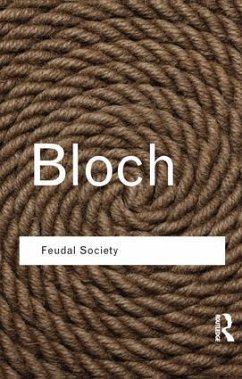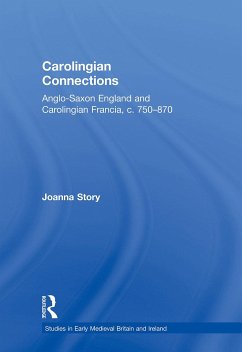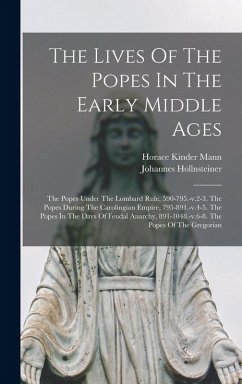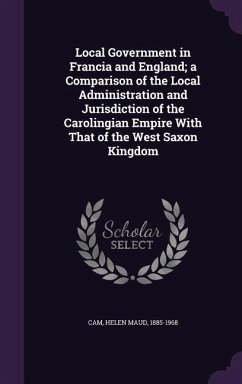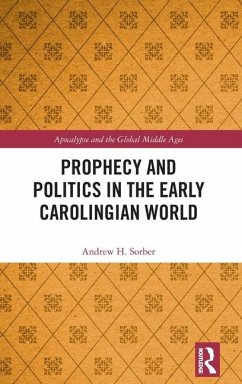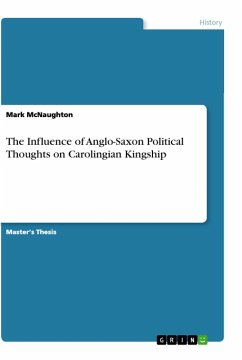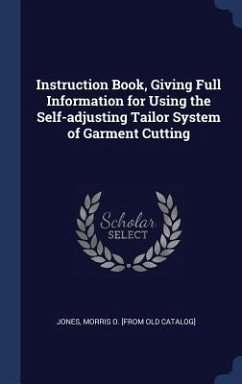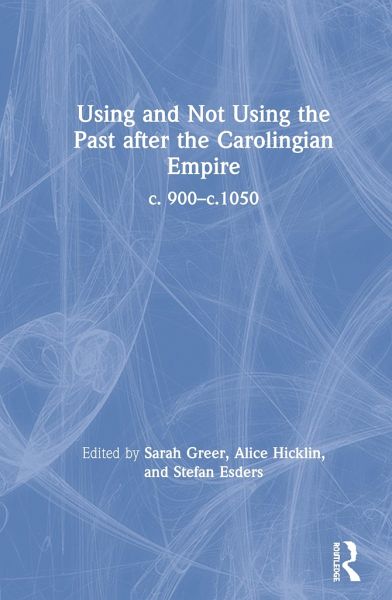
Using and Not Using the Past after the Carolingian Empire
c. 900-c.1050
Herausgeber: Greer, Sarah; Esders, Stefan; Hicklin, Alice
Versandkostenfrei!
Versandfertig in 1-2 Wochen
169,99 €
inkl. MwSt.

PAYBACK Punkte
85 °P sammeln!
Using and Not Using the Past after the Carolingian Empire offers a new take on European history from c.900 to c.1050, examining the 'post-Carolingian' period in its own right and presenting it as a time of creative experimentation with new forms of authority and legitimacy.





